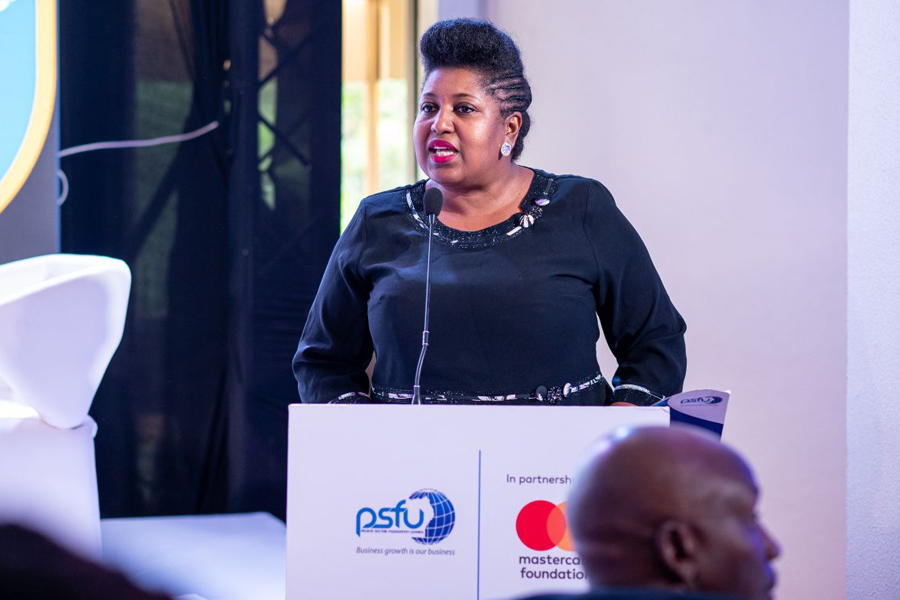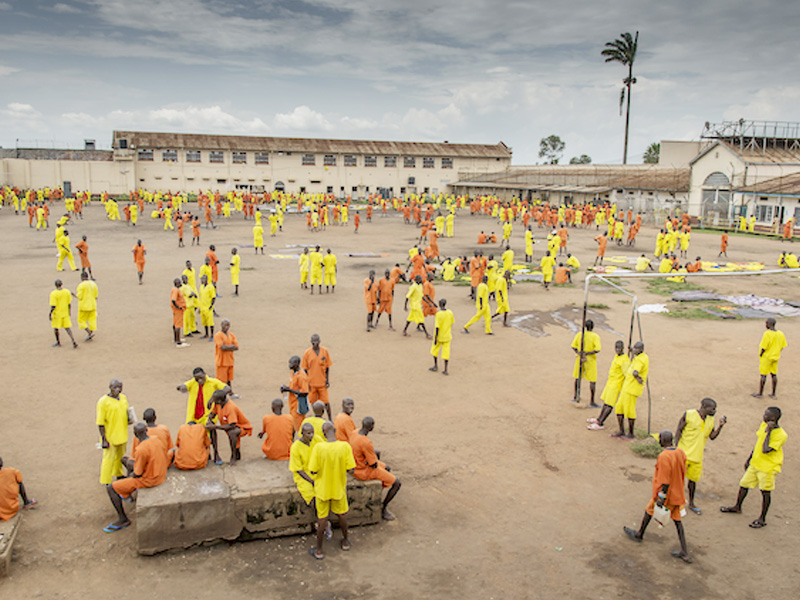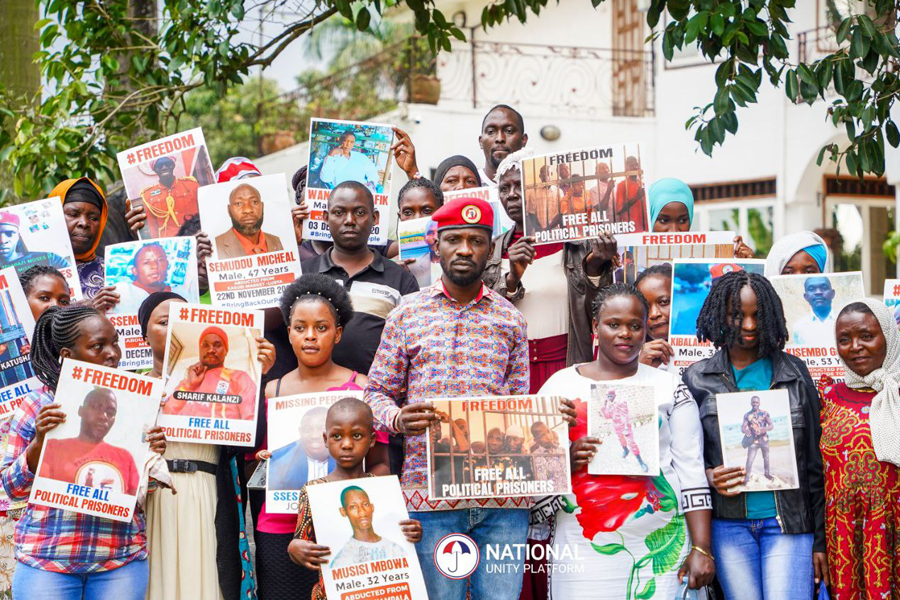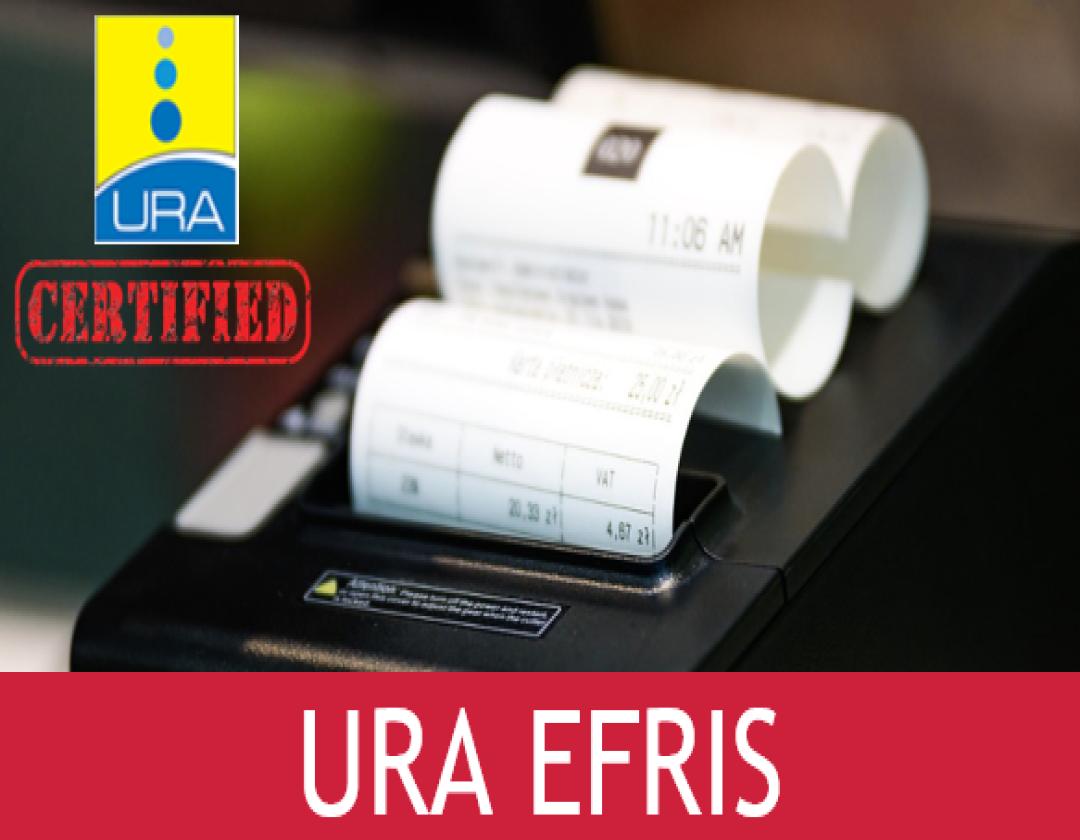"I used to take my drugs in the night but waking up in the morning was difficult. I used to wake up at midday and try to go to campus but it was too hard. I wanted to sleep all the time," he said.
"I wanted to be an electrical engineer and work for telecommunication companies like MTN. That was my dream but I failed to achieve it because I failed to attend classes due to feeling sleepy all the time," he said.
According to the hospital administration, they have been dispensing cheap drugs that that present side effects and alter the physical ability of patients to function when they swallow them.
Dr. David Basangwa, the Executive Director Butabika Butabika National Mental Referral Hospital, said the hospital operates on a budget of 600 patients yet it has 1,000 patients at the moment.
He explained that due to the funding gap, they are forced to prioritise on what conditions to treat and which drugs to use.
100 patients are being treated for Schizophrenia, 300 for mood swings, 100 for paranoia and another 200 for alcohol & drug abuse.
Due to side effects like heavy sedation caused by the cheap drugs, most patients cannot fully perform.
Alternative drugs that present less or no side effects in patients are available on the market.
"On the open market, a one month dose of largactil for one patient costs Shillings 5,000. Olanzapine on the other hand costs Shillings 200,000. With our funds, we cannot afford that," he said.
"Before we used to get a budget of Shillings 1.2 billion that was enough to cater for 600 patients. Five years, later we still get the same money for 850 in-patients. So we have had to cut corners to make sure that all Ugandans get the care," he said.
Dr. Basnagwa said ideally in situations when they face drug shortages, they would expect family members to step in but the case is different at Butabika.
Dr. Hasfa Luswata, the Mental Health Focal person at the Ministry of Health, said the shortage of funds at the facility is an issue beyond the ministry's reach.
According to Dr. Basangwa, Butabika National Mental Referral Hospital needs twice its current annual budget allocation of Shillings 12 billion to be able to procure drugs like olanzapine.













